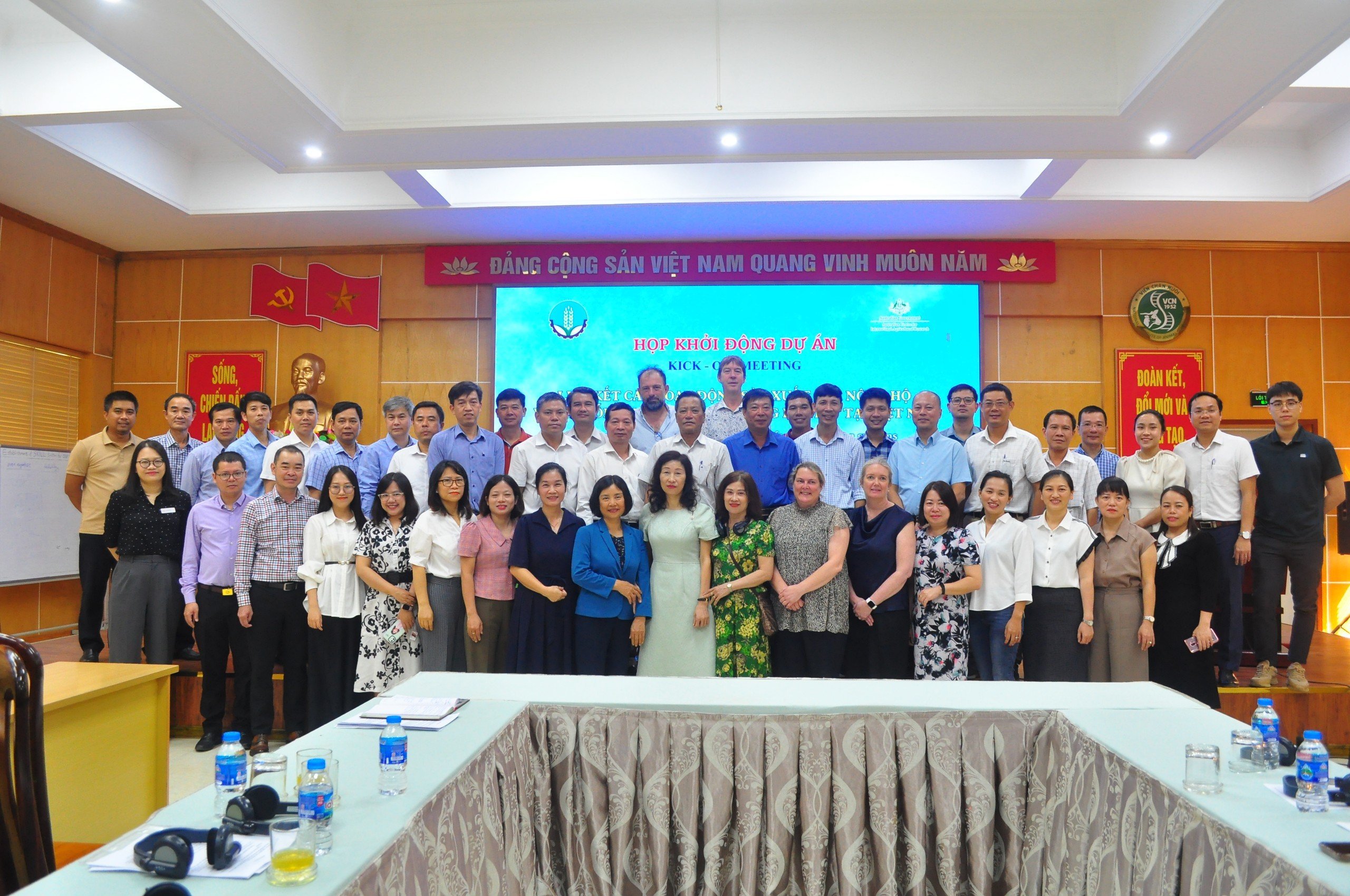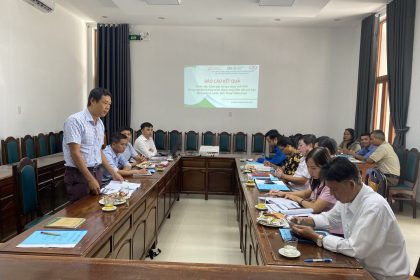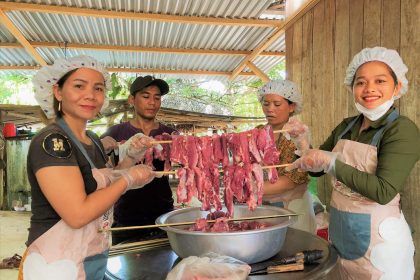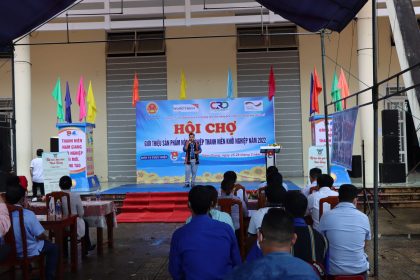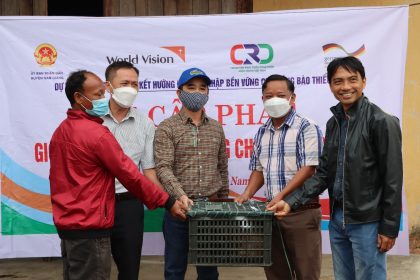A new FAO Fisheries and Aquaculture Report, Early Mortality Syndrome (EMS) or Acute Hepatopancreatic Necrosis Syndrome (AHPNS) of Cultured Shrimp, focuses on this emerging disease that has devastated the shrimp industry of China, Malaysia, Thailand and Viet Nam over the last three years.
This report is the result of the FAO Technical Workshop / Ministry of Agriculture and Rural Development of Vietnam under TCP/VIE/3304 project “Emergency assistance to control the spread of an unknown disease affecting shrimps in Vietnam”.
Sixty-three participating international experts and local stakeholders from the shrimp farming sector discussed the outcomes of the work carried out under the TCP project and the current state of knowledge on EMS/AHPNS in the affected countries.
The Workshop recognized that complacency in the shrimp aquaculture sector resulting in that laxity, during a period of relatively trouble-free shrimp production, led to vulnerability of the sector to any newly emerging pathogen that might arise unexpectedly, as is the case of EMS/AHPNS. Poor management practices, weak compliance with standard, good biosecurity and good aquaculture practices both at farm and hatchery facilities were evident. It is now clear that shrimp aquaculture needs to improve and continue to develop into a sector that implements responsible and science-based farming practices.
With the current understanding that EMS/AHPNS has a bacterial aetiology, a strain of Vibrio parahaemolyticus, the Workshop recommended that a proper name be now given to EMS/AHPNS, i.e. Acute hepatopancreatic necrosis disease (AHPND).
The Workshop agreed on a list of specific and generic actions and measures that may help reduce and manage the risks of EMS/AHPNS, directed to various shrimp stakeholders (public and private sectors).


